Optimal Seasons for Leaky Roof Replacements
Timing is crucial for leaky roof replacements to ensure optimal conditions for installation and durability. The most suitable seasons generally depend on climate, weather patterns, and temperature stability. Proper planning can prevent delays and reduce the risk of weather-related issues during the replacement process.
Spring offers moderate temperatures and longer daylight hours, making it ideal for roof replacements. It allows for thorough inspections and repairs before the more extreme weather of summer or winter.
Summer provides warm weather and dry conditions, but high temperatures can affect roofing materials and work conditions. Planning during early summer months can mitigate heat-related challenges.
Fall is often considered optimal for roof replacements due to cooler temperatures and lower humidity. It provides ample time to complete projects before winter weather sets in.
Winter is generally less suitable due to cold temperatures, snow, and ice, which can hinder installation and compromise material integrity. However, in milder climates, winter replacements are still possible with proper precautions.
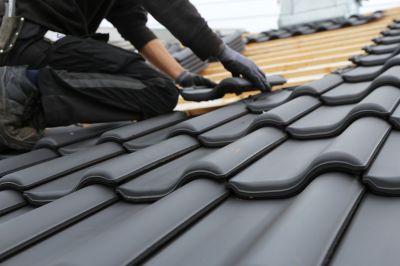
A roofing crew working on a house during spring with clear skies and moderate temperatures.
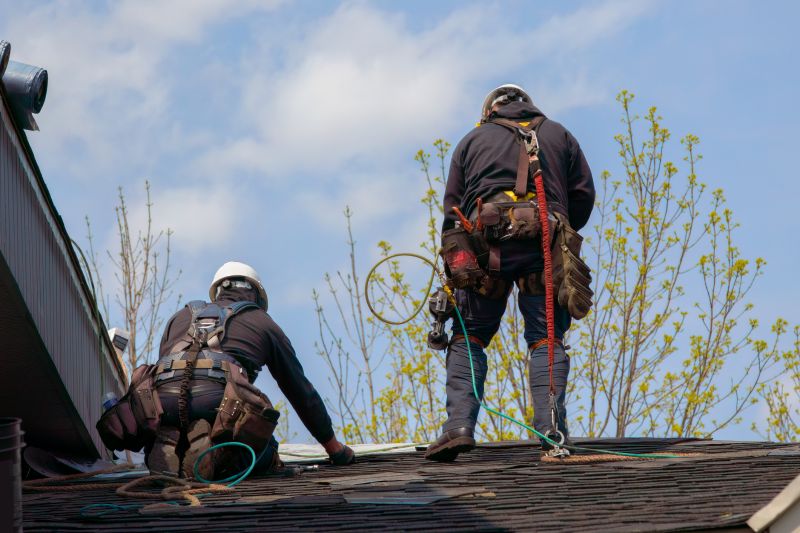
Roofing materials being installed on a sunny summer day.
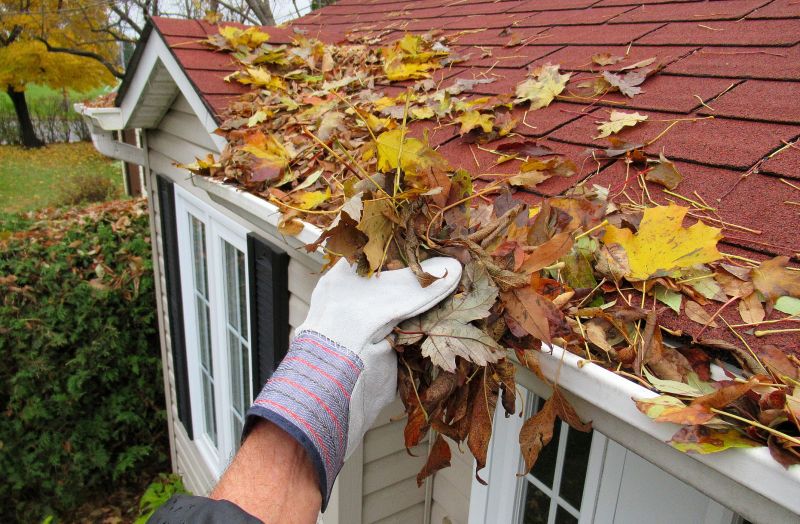
A homeowner observing roof replacement in autumn with colorful foliage in the background.
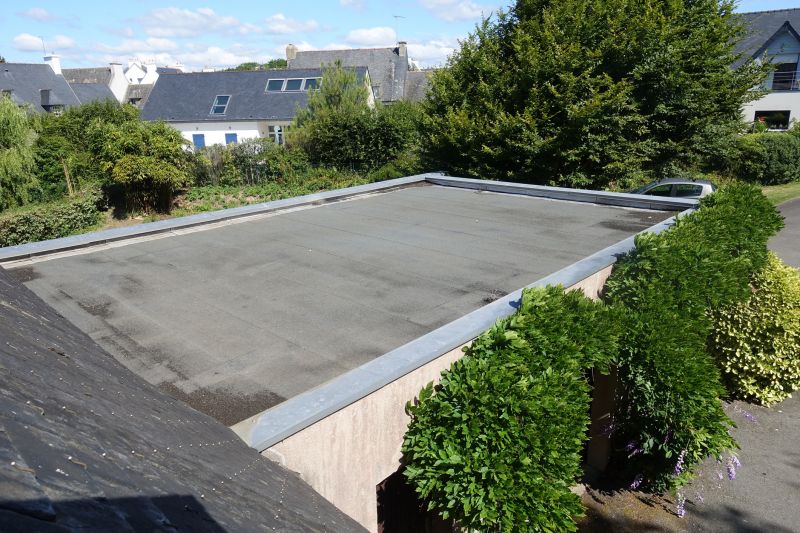
Ways to make Leaky Roof Replacements work in tight or awkward layouts.
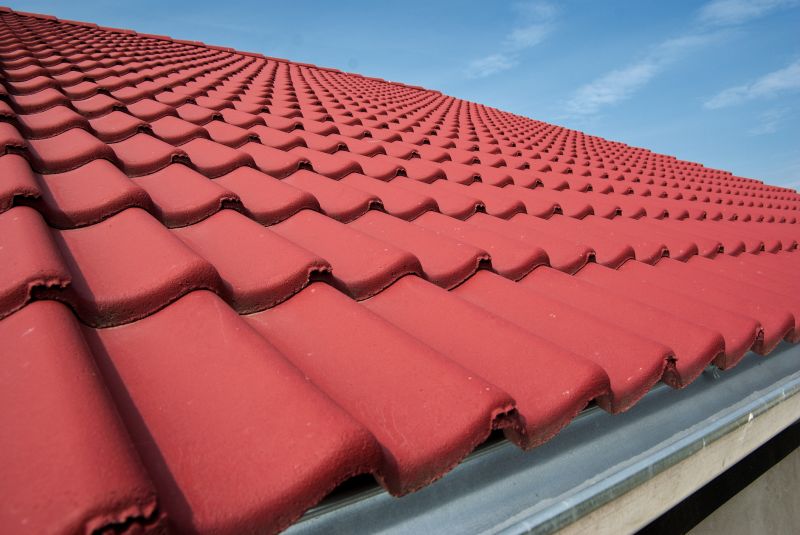
Popular materials for Leaky Roof Replacements and why they hold up over time.

Simple add-ons that improve Leaky Roof Replacements without blowing the budget.
Leaky roof replacements are essential for maintaining the integrity of a building's structure and preventing further damage. Addressing leaks promptly can help avoid costly repairs and extend the lifespan of the roof. The process involves removing damaged materials, inspecting underlying structures, and installing new roofing components tailored to withstand local weather conditions.
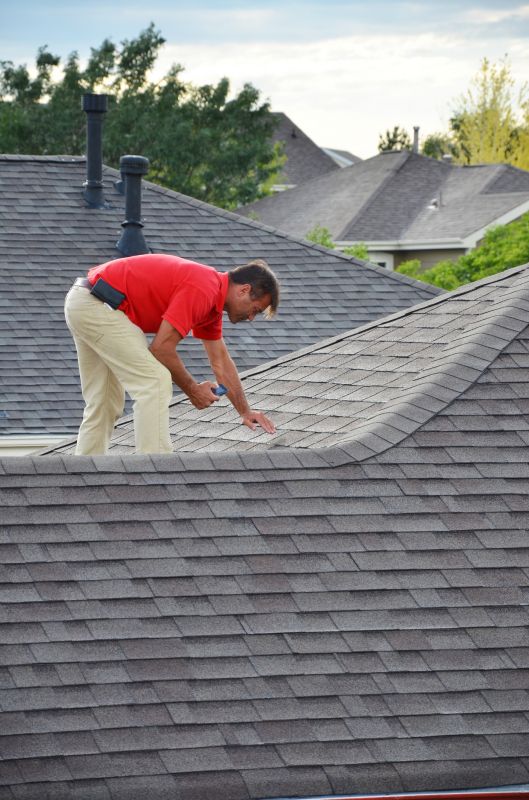
Detailed inspection of a roof to identify leak sources and damage.
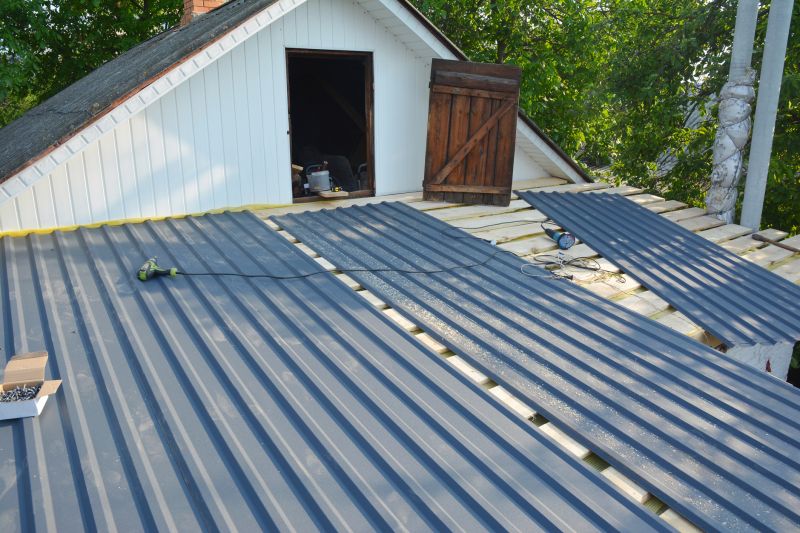
New roofing materials being carefully installed on a residential roof.
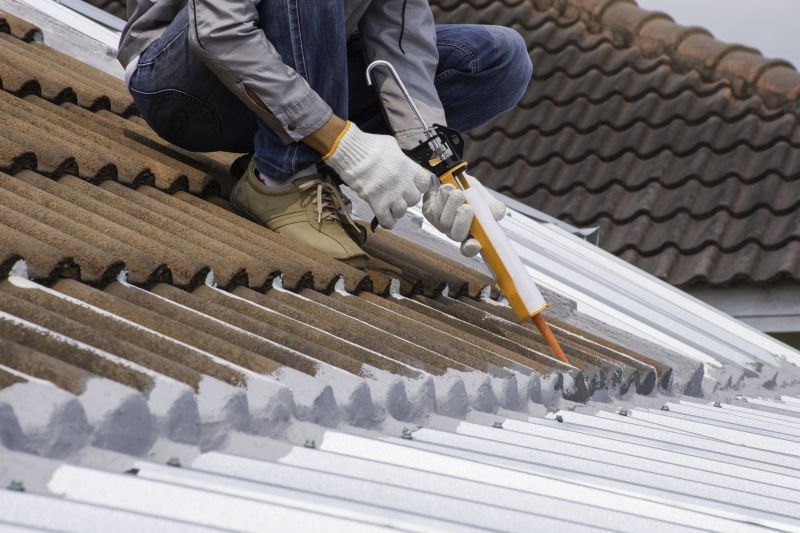
Application of sealants and waterproofing layers during roof replacement.
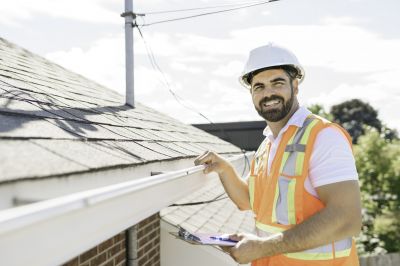
Completed roof ready to withstand upcoming weather conditions.
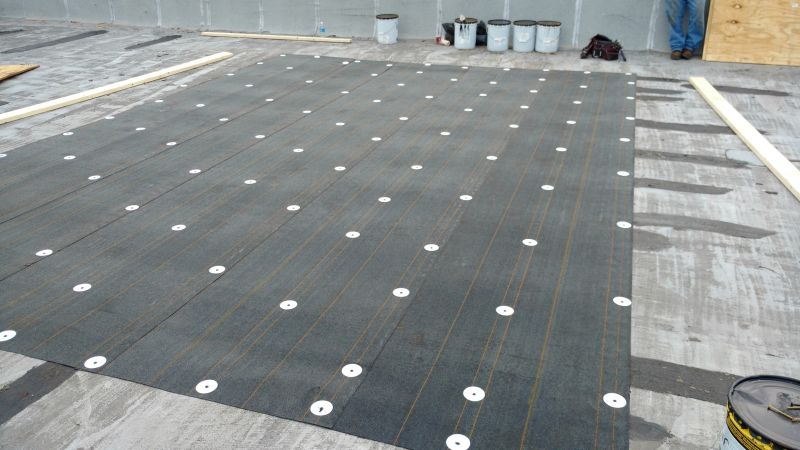
High-end options that actually feel worth it for Leaky Roof Replacements.
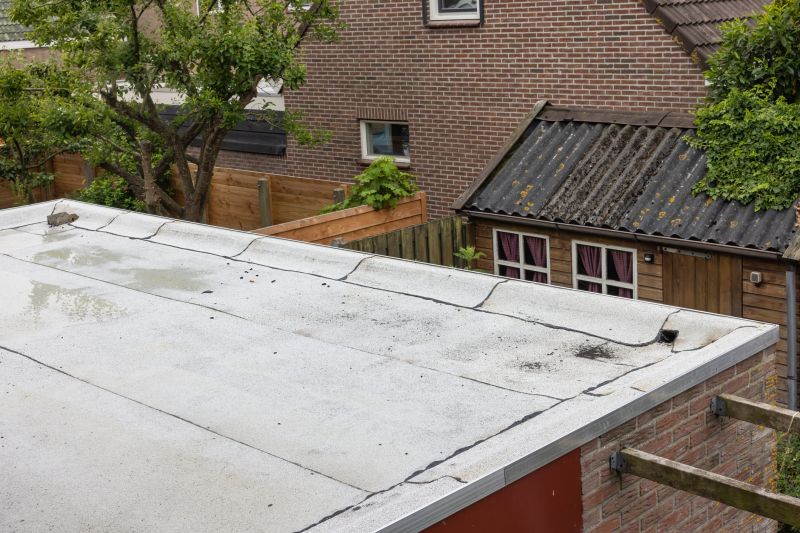
Finishes and colors that play nicely with Leaky Roof Replacements.
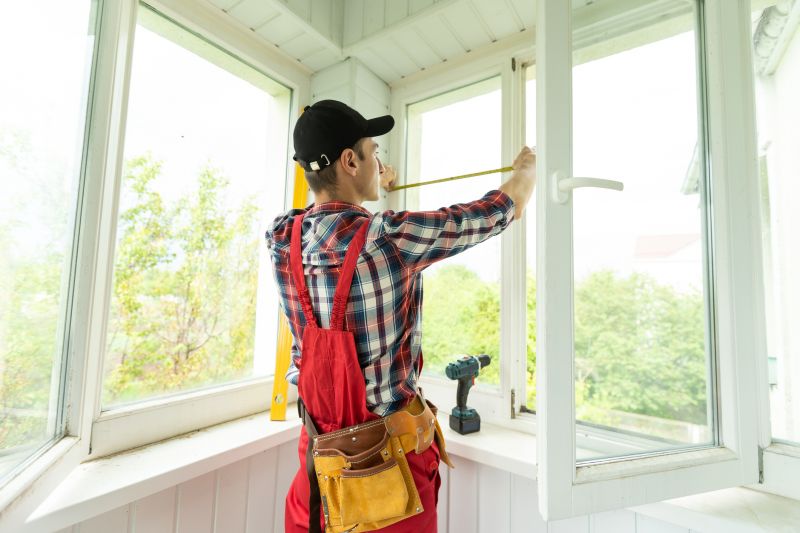
Little measurements that prevent headaches on Leaky Roof Replacements day.
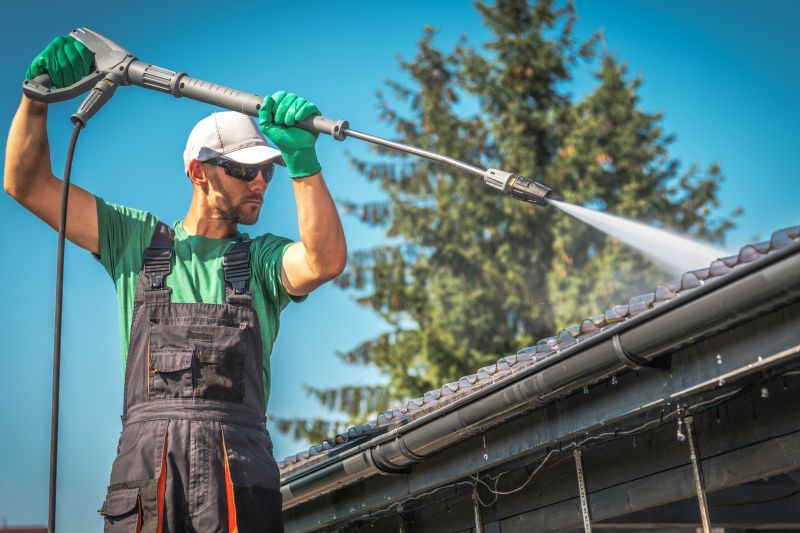
A 60-second routine that keeps Leaky Roof Replacements looking new.
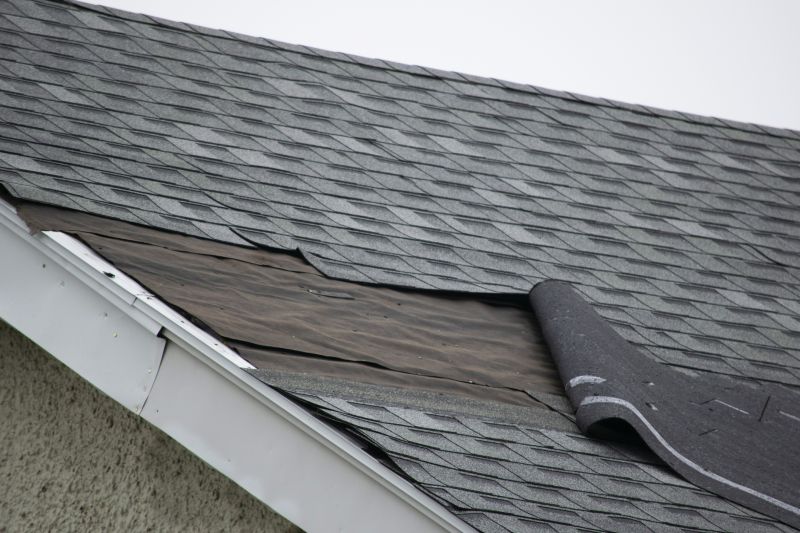
A frequent mistake in Leaky Roof Replacements and how to dodge it.

Small tweaks to make Leaky Roof Replacements safer and easier to use.
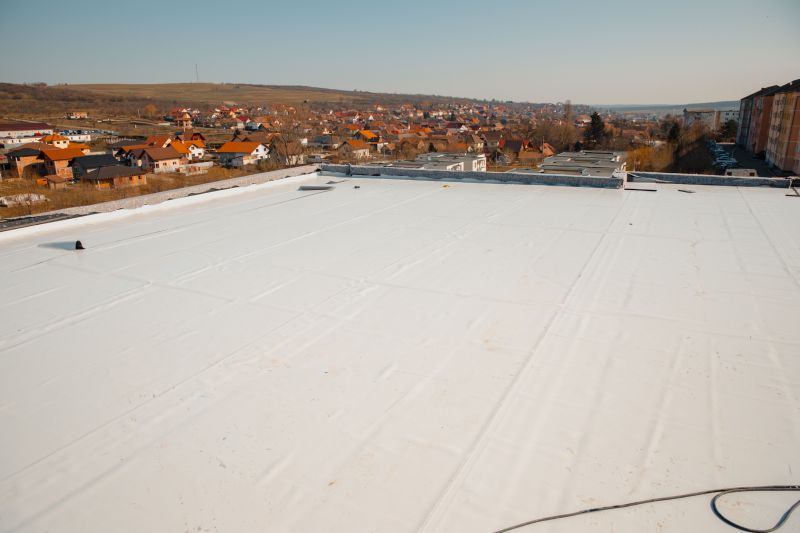
Lower-waste or water-saving choices for Leaky Roof Replacements.
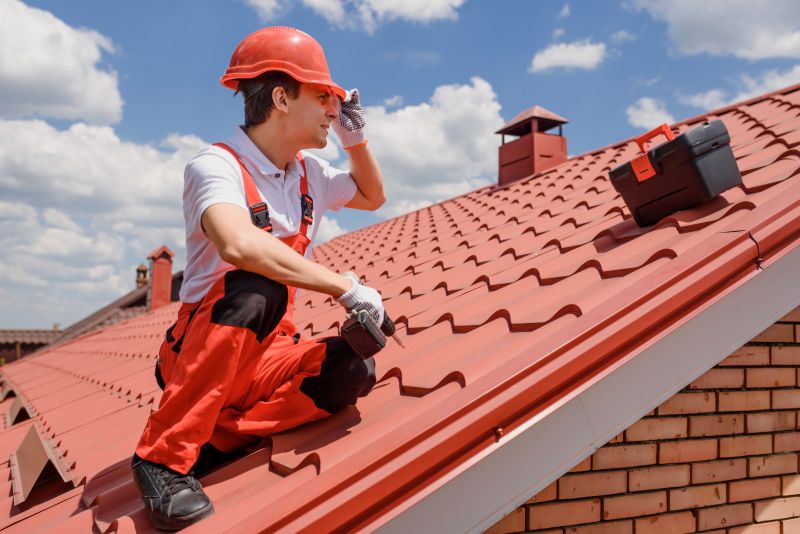
The short, realistic tool list for quality Leaky Roof Replacements.
| Season | Advantages |
|---|---|
| Spring | Moderate temperatures, longer daylight, ideal for inspections and repairs. |
| Summer | Warm and dry conditions, suitable for installation, but watch for heat. |
| Fall | Cooler weather and lower humidity, optimal for most projects. |
| Winter | Challenging due to cold and snow, but possible in milder climates with precautions. |
Choosing the right time for leaky roof replacements depends on local climate and specific project needs. Proper timing can enhance the quality of work and ensure the longevity of the new roof. Consulting with roofing professionals can provide guidance tailored to individual circumstances.
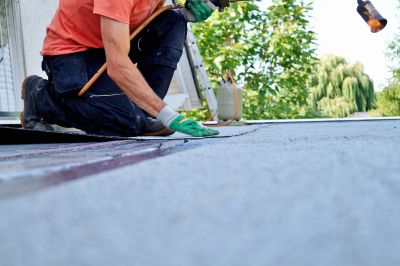
A team replacing a roof during optimal weather conditions.
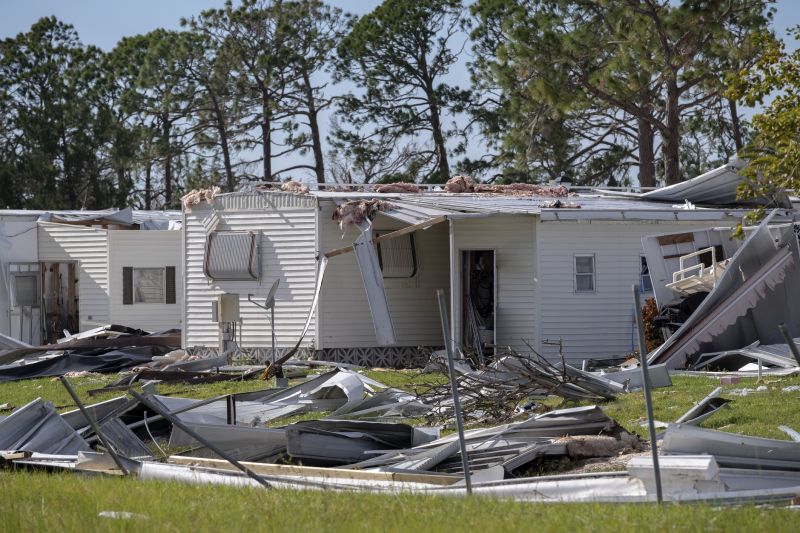
Addressing leaks caused by storm damage with timely replacement.
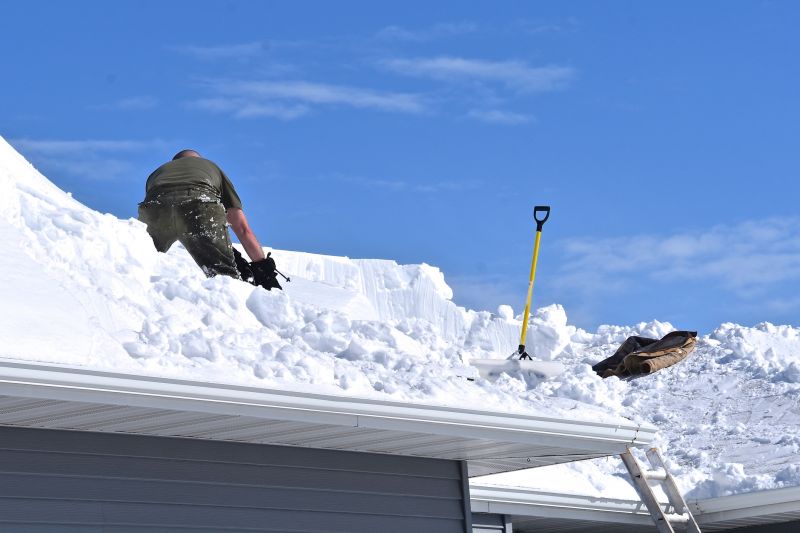
Roof replacement in winter with snow on the ground.

Final inspection after roof replacement to ensure quality.
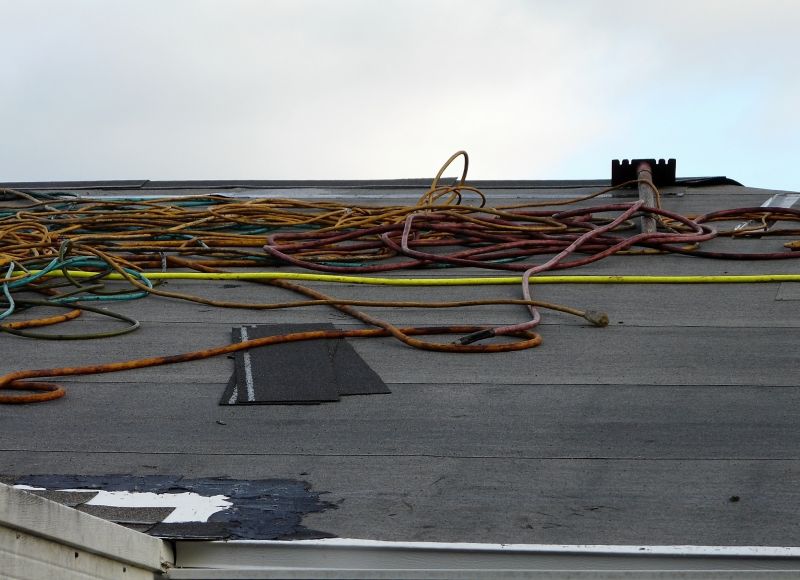
Rough timing from prep to clean-up for Leaky Roof Replacements.
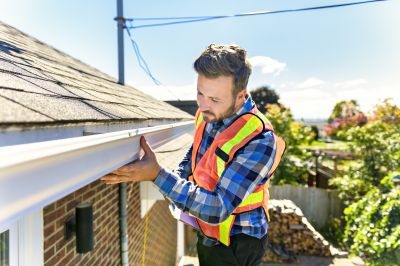
Quick checks and paperwork to keep after Leaky Roof Replacements.

Examples that show the impact a good Leaky Roof Replacements can make.
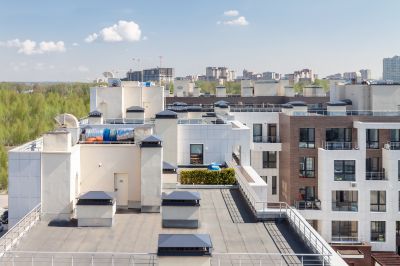
Ways to make Leaky Roof Replacements work in tight or awkward layouts.
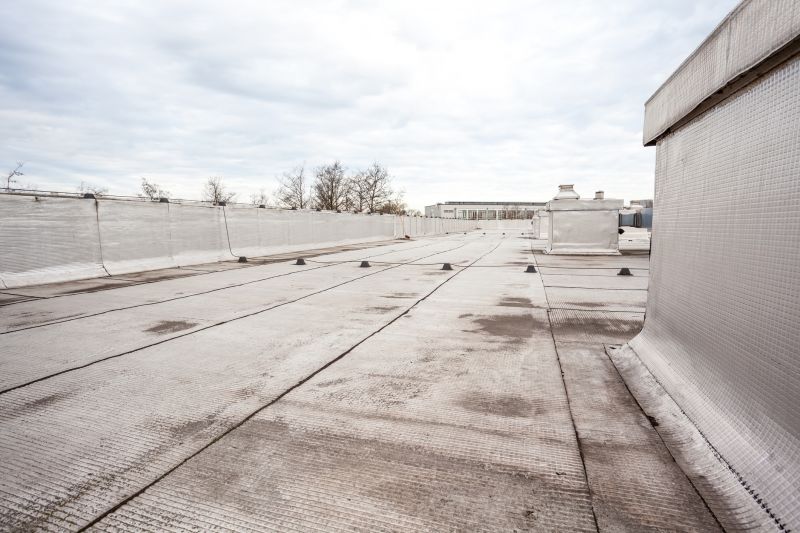
Ways to make Leaky Roof Replacements work in tight or awkward layouts.

Ways to make Leaky Roof Replacements work in tight or awkward layouts.
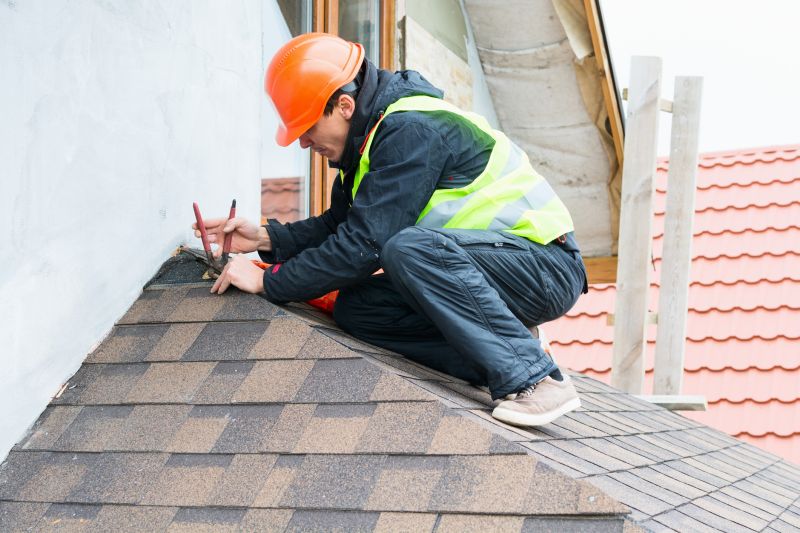
Ways to make Leaky Roof Replacements work in tight or awkward layouts.
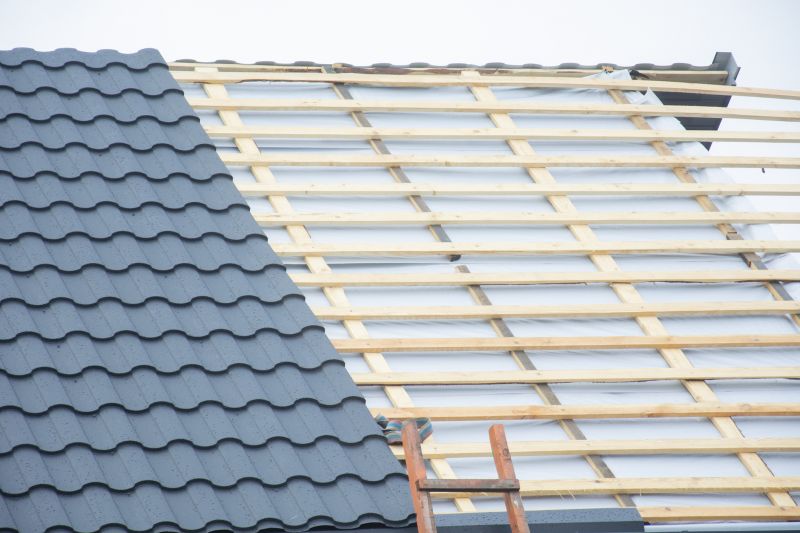
Ways to make Leaky Roof Replacements work in tight or awkward layouts.
Interested in addressing leaky roof issues? Filling out the contact form can provide more information and facilitate scheduling a professional assessment tailored to specific needs and timing considerations.



